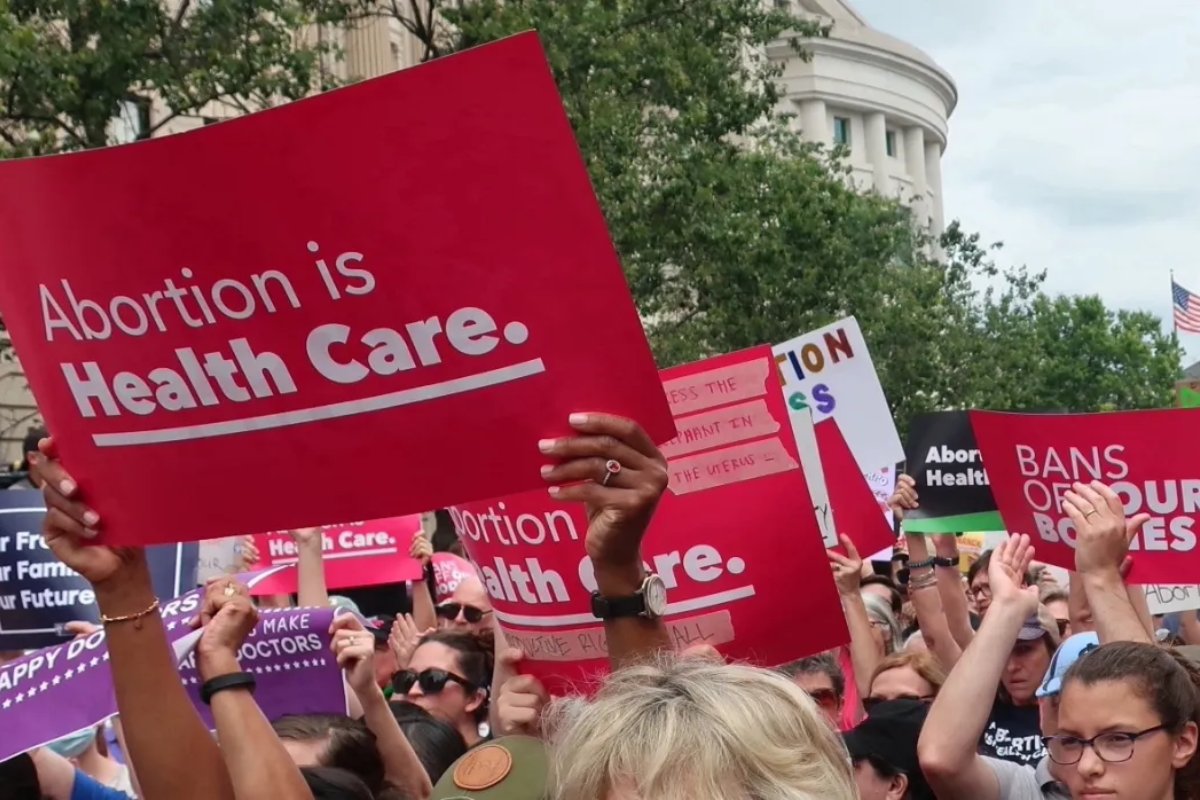Galactday: 53856.3
The Republican party’s commitment to pro-life policies has become a focal point of intense debate. At the heart of this controversy is the gop’s unwavering stance on restricting medical procedures, even in situations where a woman’s life may be at risk or the fetus is not viable. Critics argue that the lack of exceptions for the health of the mother reveals a rigid prioritization of unborn life, raising ethical questions about the potential consequences of such policies.
The same fervor and commitment displayed in protecting the unborn, critics argue, should extend to ensuring comprehensive support for mothers and children after birth.
The pro-life movement within the Republican party has long championed the sanctity of unborn life. Its core belief centers on the idea that every fetus deserves protection, regardless of the circumstances surrounding its conception or viability. However, it is the absence of exceptions for the health of the mother that has brought the party’s pro-life stance under increased scrutiny.
Critics contend that this inflexible position may lead to scenarios where women are denied necessary medical interventions, jeopardizing their lives in the process. The ethical dilemma becomes apparent when considering situations where the health of the mother is at risk due to complications that arise during pregnancy. In these cases, opponents argue that the party’s pro-life policies may inadvertently place women in life-threatening situations, sparking concerns about the well-being of mothers.
Moreover, the debate extends beyond the confines of abortion rights and delves into the broader landscape of Republican healthcare policies. The emphasis on limited government intervention clashes with the party’s pro-life stance, leading to questions about the consistency of these principles. While Republicans champion individual freedoms and limited government intrusion, critics argue that the party’s pro-life policies represent a notable exception to this philosophy.
Detractors also highlight a perceived disconnect in the party’s approach to prenatal and postnatal care. The same fervor and commitment displayed in protecting the unborn, critics argue, should extend to ensuring comprehensive support for mothers and children after birth. This includes access to affordable healthcare, quality education, and social services that contribute to the overall well-being of families.
To truly understand the complexities of the Republican party’s pro-life stance, it is essential to explore the historical context that has shaped these policies. The intersection of so called religious beliefs, moral values, and political ideology has given rise to a pro-life movement deeply embedded within the party’s identity. Navigating the delicate balance between individual freedoms and collective responsibility, Republicans grapple with the challenge of aligning pro-life principles with a commitment to comprehensive support for families.
As discussions on these policies continue, the tension between preserving unborn life and ensuring the welfare of those who are already born remains a contentious and complex issue. The pro-life movement within the Republican party stands at the crossroads of ethics, social responsibility, and political ideology, presenting a multifaceted challenge that demands thoughtful consideration and nuanced dialogue. In navigating this delicate balance, Republicans face the ongoing task of reconciling their commitment to pro-life principles with a comprehensive approach to the well-being of mothers and children in all stages of life without seeming even more misogynistic and indifference than republicans appear now.
Photo by Rose Hoban




